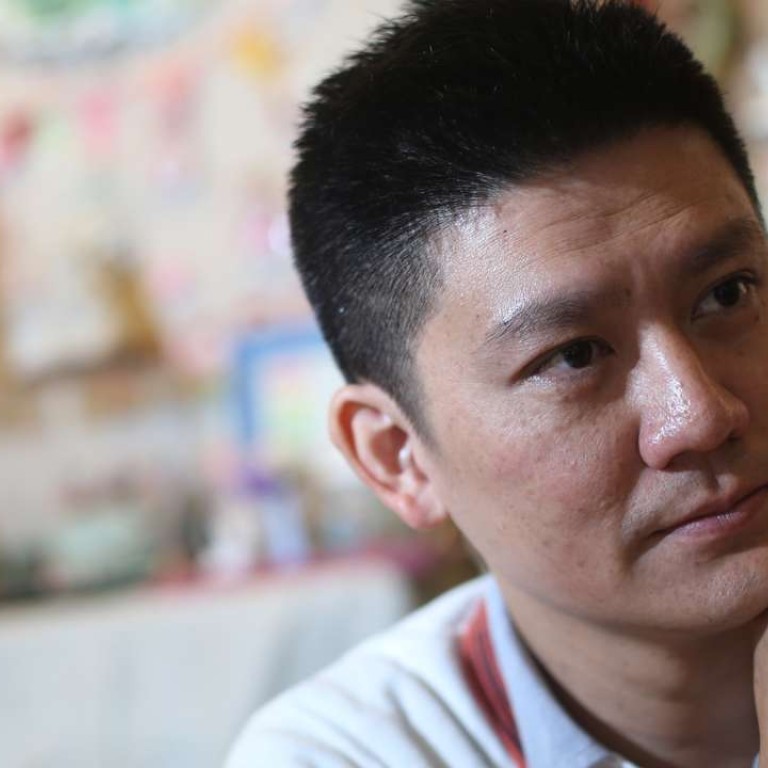
Hong Kong lawmakers declare property assets in latest Legco registration of interests
Analyst says declaration rules look ‘a little loose’, as members are not required to indicate quantity
A few other lawmakers are also active in the property market but they only declared they had “properties” without stating how many, because the rules do not require them to do so.
Tam registered five properties: two in the New Territories, one in Kowloon, one on the mainland and one in the US. When queried by the media yesterday, the pilot-turned-lawmaker revealed details about his purchases, stressing they were only “modest” investments.
He said he purchased a house in Detroit for about HK$300,000 a few years ago on investment advice from a friend, after the American city declared itself bankrupt in 2013. “It was just an experiment. But market prices haven’t gone up since,” said Tam.
Tam’s other properties in Hong Kong include a flat he lives in, a mainland flat and a shop owned by his wife for a small family business, and a factory unit he co-owns with friends.
He also said he had done due diligence in ensuring the industrial premises adhere to fire safety standards.
Meanwhile, Tam’s party colleague Claudia Mo Man-ching and independent lawmaker Chan Kin-por from the insurance sector indicated they owned multiple properties without revealing further details. Mo declared she has “properties in Hong Kong, Canada and the United Kingdom”, while Chan stated he owns “properties and car park spaces in Hong Kong”.
Democrat James To Kun-sun co-owns a residential unit on Hong Kong Island while his wife has two properties in Japan.
Legco only requires members to state “the general nature” of their land and properties, including locations, but not addresses or quantities. Self-use properties are also exempted.
Cheung Chor-yung, a political scientist at City University, said the declaration rules looked “a little loose” to him although it was understandable lawmakers need not be bound by rules as stringent as those for executive councillors, who had more power.
He added lawmakers should declare their interests more clearly if future council discussions centred on property issues.

